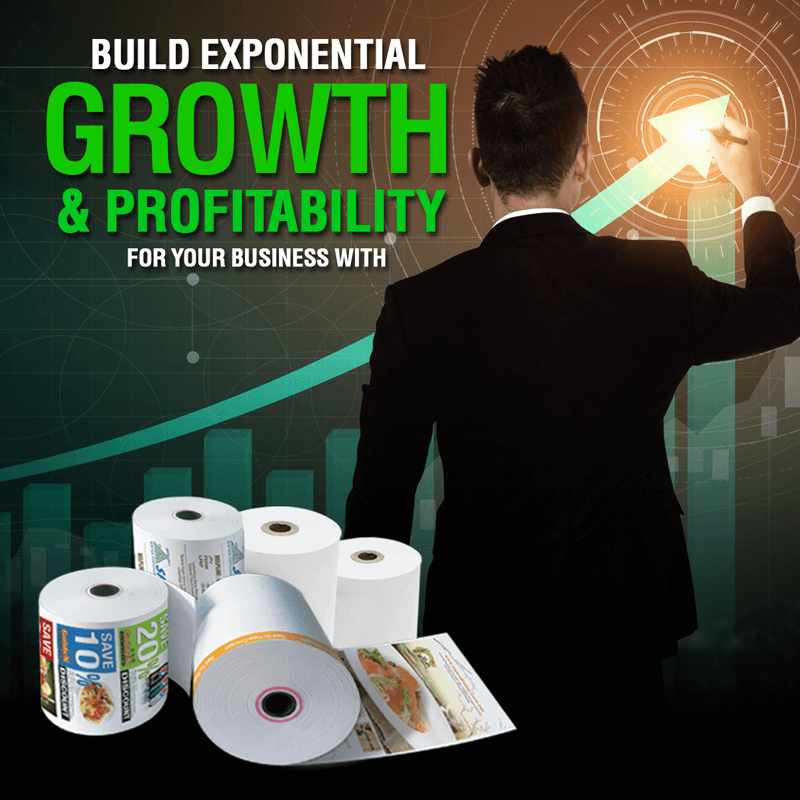
A company whose existence spans over 20/30 years or perhaps even longer must be doing the right thing and demonstrates high resilience! When researching for suppliers to work with, it is important to look for stable companies, ie companies with long establishment. Suppliers who have been in business for a long time are relatively familiar and experienced with common quality issues related to the product over the years, apart from having the expertise that will add value to your product and make everything run smoother. Their strong track record also lends support that their milestone is a statement of their success, having stood the test of time and having persevered a multitude of challenges and outlast competition from rivals in all the years that have passed.
b) Reliability
Reliability encompasses quality, timeliness, responsiveness, competitiveness, and innovation. A reliable supplier is able to consistently provide high-quality goods or services that meet your requirements. In addition, a supplier with accountability will take responsibility for any product quality issues and work towards addressing the problem quickly.
A quality-conscious supplier is oriented towards continuous improvements and should have an established quality management system (QMS) that complies with ISO 9001. The QMS is the aggregate of all processes, resources, assets, and cultural values that support the goal of customer satisfaction and organizational efficiency. Suppliers who take the initiative to be certified/accredited such as Good Manufacturing Practice, ISO, FSC, CE, NSF etc under internationally recognized certification/accreditation bodies are typically compliant and up-to-date with industry standards and, are overall, more trustworthy in buyer-supplier relationships. Having an International Standard for a product means that consumers can have confidence that their products are of good quality, reliable and safe.
c) Production capabilities
A dynamic supplier is well-positioned to effectively cope with unforeseen demand spike in addition to the regular demand by having the ability to ramp up production when needed and holding sufficient buffer stock that can be deployed when a surge occurs. The production capacity and capability of each supplier should be analyzed if it is able to meet a specified production plan and also how quickly the supplier is able to respond to your needs, especially its flexibility to cope with any surge in demand, taking into account its commitments to other customers. This is especially relevant if your business is in F&B, retail, banking industry wherein consumption is at a higher rate and the need for frequent deliveries. A supplier with more than one manufacturing plant gives the additional assurance that in any eventualities, there is a back-up to cater to customers’ orders.
d) Financial soundness
A well-established supplier provides peace of mind that it won’t go out of business or a scam, vanishing overnight / not responsive after you have remitted the full payment/deposit for your order. Doing business with suppliers who you might not ever meet poses some risks, more so if they are situated abroad and/or payment is made in advance to the supplier. Where the buyer prepays, the supplier’s insolvency prior to delivery can cost the buyer its prepayment and worst, stuck with no goods to deliver to its customers. Hence, it is always prudent to do a brief background checking that a supplier is of good standing to deliver what you need. Large and stable suppliers are able to volume purchase, thereby achieving economies of scale and able to pass the savings onto their customers. They also have more robust systems in place and larger reserves of safety stock.
e) Value for money
A supplier who brings strong value comes at a price. Opt for innovative suppliers who can give great advice and supply value-added products to enable your products to stand out from competitors and carving a niche for your products as well as penetrating into new markets. Since costs directly affect profit margin, lower-priced suppliers are always an attractive option. If you are purchasing inventory at a reduced cost, you can afford to buy a little more or to invest the surplus elsewhere in the business. However, buying cheap does not always represent the best value for money. If the quality of your supplier’s product or service is poor, you may incur extra costs for returns and replacements and any delays that result which, in the long run, may not be the most cost-effective option. Additionally, you risk damaging your business reputation and hindering its future growth prospects.

